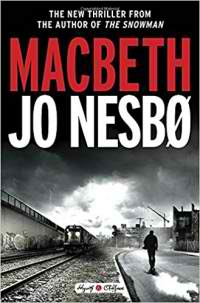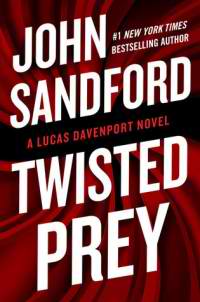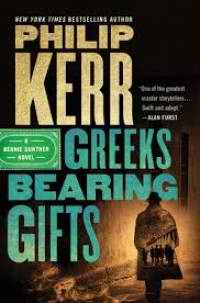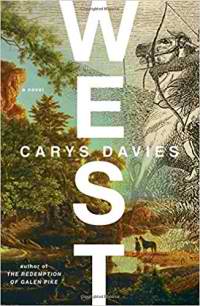The Girl in the Ice by Robert Bryndza
 Friday, May 4, 2018 at 8:01AM
Friday, May 4, 2018 at 8:01AM 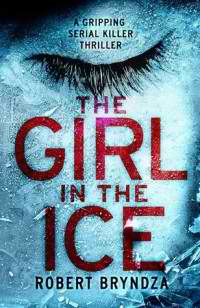
First published in Great Britain in 2016; published in paperback by Grand Central Publishing on April 24, 2018
The Girl in the Ice gives the reader a standard crime novel plot: intrepid investigator continues to pursue leads after being suspended for an insubordinate disagreement with the investigative choices made by her bureaucratic bosses, who avoid upsetting powerful people by focusing suspicion on an easy but innocent target. The plot also includes a human trafficking element, which is the current trendy crime novel crime. Standard plots and trendy crimes are fine if they are made fresh, and The Girl in the Ice manages to stand slightly above the pack of standard but trendy crime novels with interesting characters and a solid story.
When a fellow finds a dead woman in the ice, DCI Erika Foster is assigned to the case. Foster has recently transferred from Manchester to London, carrying with her some heavy emotional baggage. The dead woman is the daughter of a prominent politician (and a baron, no less). The politician happens to be the wealthy owner of a private defense contractor, so PR is important, as is a quick and favorable resolution of the crime. Foster’s Slovak background is considered good for PR given the similar heritage of the victim’s mother, until Slovak discovers that the victim’s mother considers herself superior to Foster based on the respective cities in which they were born.
The investigation leads to a pub where the dead woman met a man — a pub that people are afraid to discuss. One of the fearful witnesses ends up dead, but Foster’s superiors view that as a coincidence, not as evidence that a serial killer is on the loose.
Naturally, Foster disagrees with her superiors and concludes that a serial killer is, in fact, killing attractive young prostitutes. And naturally, the politician doesn’t want his dead daughter lumped together with prostitutes, which accounts for the reluctance of Foster’s superiors to pursue her theory. But even if the politician’s daughter wasn’t a prostitute, she might have had something in common with the other murder victims, so Foster ignores her superiors and her suspension and investigates the crime in her own way.
Despite my weariness with human trafficking plots, The Girl in the Ice held my interest. The focus is not so much on trafficking but on a murder investigation that branches in several directions, and the killer’s identity is nicely concealed until the big reveal. Robert Bryndza takes time to build his characters and establish atmosphere, but the pace picks up considerably as the novel enters thriller territory in its stretch run. Erica is a bit of a stereotype, but she’s likable, or at least sympathetic. The novel has obviously benefited from effective marketing by its original publisher, but I enjoyed it, even if some of the accolades it has earned are a bit suspect. The Girl in the Ice is the first in a series, and while I might not go out of my way to read the next one, I certainly won’t avoid it.
RECOMMENDED
